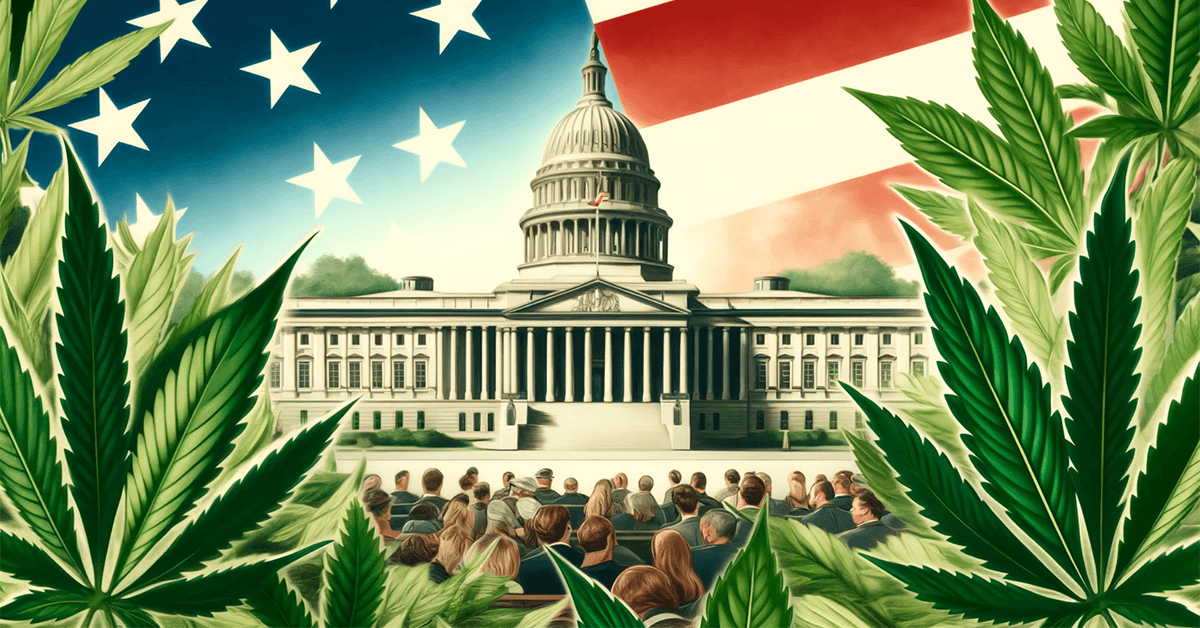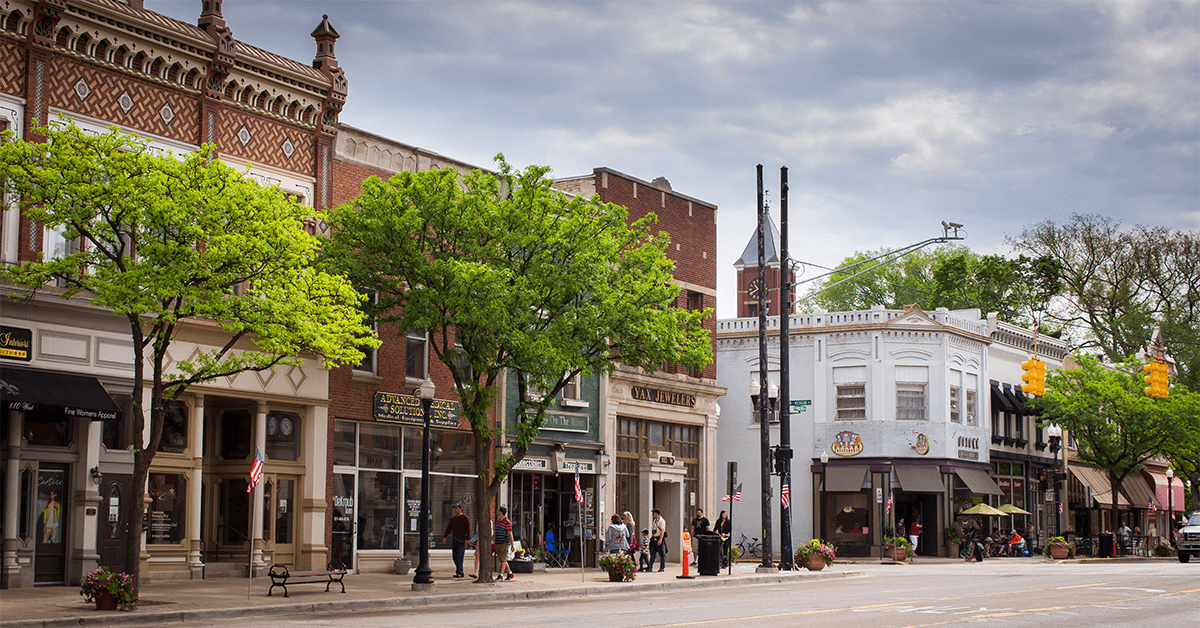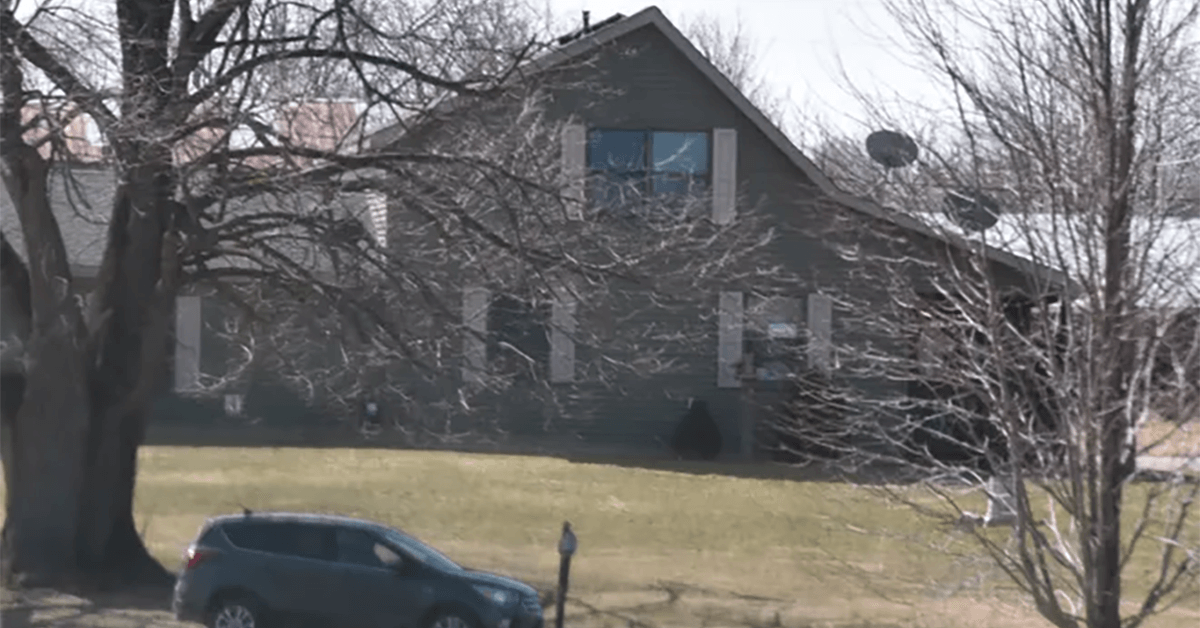DEA Delays Cannabis Rescheduling Hearing Until After Election

The Drug Enforcement Administration (DEA) has decided to delay the rescheduling of cannabis under federal law until after the upcoming election, a move that has generated significant reactions across the political and cannabis landscapes. This decision involves scheduling a public hearing on December 2nd to discuss the Biden administration's proposal to shift cannabis from Schedule I to Schedule III under the Controlled Substances Act (CSA).
Reactions Across the Spectrum
The announcement has sparked a range of responses from lawmakers, industry stakeholders, advocates, and opponents. Many supporters of cannabis reform had hoped for a final decision before the November election, which now appears unlikely. The delay introduces uncertainty, as the rescheduling might be left for the next administration, depending on the outcome of the election.
Congressman Earl Blumenauer (D-OR), co-chair of the Congressional Cannabis Caucus, expressed his disappointment, criticizing the DEA for dragging its feet on what he sees as a clear White House priority. Despite this frustration, Blumenauer remains optimistic that rescheduling will be finalized before President Biden leaves office. Blumenauer, who is set to retire at the end of this congressional term, also voiced hope that Vice President Kamala Harris, the Democratic nominee for 2024, will continue to push for rationalizing cannabis policy and ending the war on drugs.
On the other side of the aisle, Congressman Matt Gaetz (R-FL) reiterated his support for federal cannabis legalization. Gaetz, who has surprised some by opposing a Florida cannabis legalization initiative, has argued that reform should come through legislative channels rather than constitutional amendments. Gaetz's stance highlights the complex and varied positions on cannabis reform within the Republican Party.
Industry and Advocacy Responses
Bryan Barash, co-chair of the Coalition for Cannabis Scheduling Reform, took a measured approach to the DEA's announcement, acknowledging that a hearing was always a possibility. Barash emphasized that the coalition is prepared to participate and urged the DEA to conduct the hearing promptly. Despite the delay, Barash remains optimistic that the proposed rescheduling will be finalized by the end of the year.
However, the delay has had immediate financial implications. Cannabis stocks dropped following the announcement, reflecting the market's dashed hopes for a swift resolution. The uncertainty surrounding the timeline has introduced additional volatility to an already sensitive sector.
Advocates from groups like NORML and Americans for Safe Access (ASA) have weighed in on the decision, emphasizing the importance of the hearing in the rescheduling process. Paul Armentano, Deputy Director of NORML, pointed out that administrative hearings are a crucial part of changing cannabis's federal status. He highlighted the overwhelming scientific evidence supporting the rescheduling and criticized the DEA for its historical resistance to cannabis policy reform.
Steph Sherer, founder and president of ASA, echoed these sentiments, stressing the urgency of integrating cannabis into the healthcare system and advocating for patients who rely on it. Sherer argued that the delay underscores the need for federal representatives committed to protecting patients' rights and ensuring their access to medical cannabis.
Prohibitionist Perspective
Not everyone is disappointed by the delay. Prohibitionist groups, such as Smart Approaches to Marijuana (SAM), have welcomed the DEA's decision to hold a hearing. Kevin Sabet, president of SAM, described the hearing as a significant victory in ensuring that cannabis rescheduling is guided by medical science rather than politics. SAM has consistently argued that cannabis does not meet the criteria for rescheduling and intends to use the hearing to challenge the Biden administration's proposal.
Looking Ahead
The upcoming DEA hearing is likely to be a pivotal moment in the ongoing debate over cannabis policy in the United States. While the delay has frustrated many in the cannabis reform community, the hearing could provide an opportunity to address key issues and potentially pave the way for rescheduling. However, the delay also means that the final decision might be influenced by the outcome of the November election, adding another layer of complexity to an already contentious issue.
Share this article:
Spotted a typo, grammatical error, or a factual inaccuracy? Let us know - we're committed to correcting errors swiftly and accurately!








 Helpful Links
Helpful Links